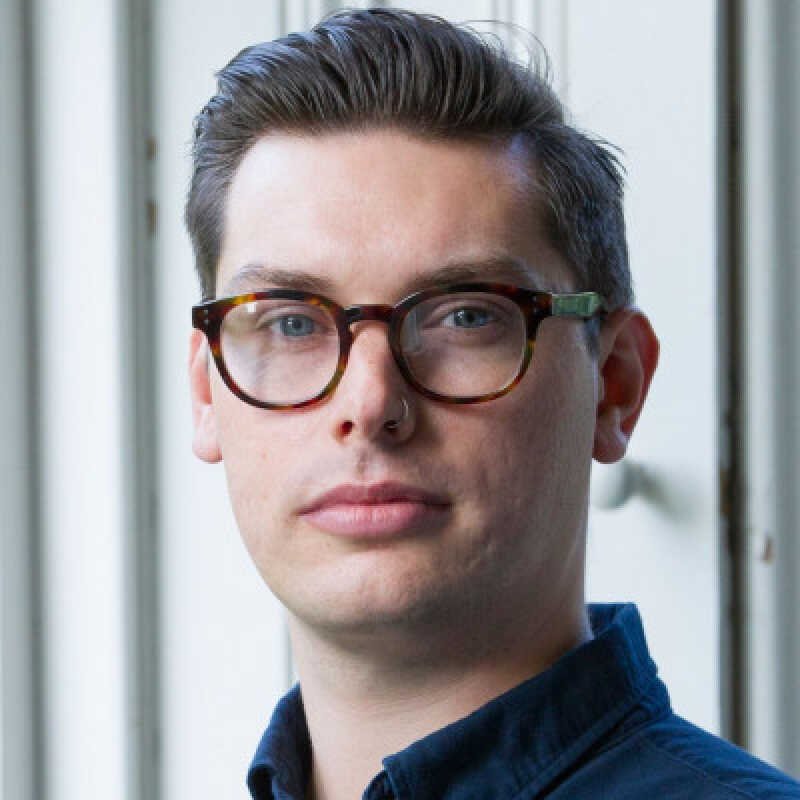Dr Ben Turner
Director of Undergraduate Studies


Ben joined the school of Politics and International Relations as a Lecturer in September 2017. Previously he taught as an assistant lecturer in the school, and also taught as a graduate teaching assistant in the School of Psychology, Politics and Sociology at Canterbury Christ Church University.
He teaches modules in political theory and is currently the school’s Senior Tutor and course director for the Liberal Arts.
Ben's research interests include a range of interrelated issues within the politics of work, technology and the politics of epistemological agency.
He approaches these fields using an approach broadly influenced by the work of Bernard Stiegler, and has recently published the first monograph on the significance of Stiegler's work for political theory: 'Returning to Judgment: Bernard Stiegler and Continental Political Theory.' He has also published widely on Stiegler's influences and his politics, on the relationship between anthropology and political theory, the politics of work, and ideology in contemporary continental thought.
Ben methodologically pluralist in his approach to political theory and draws from material across both continental and analytic political theory, anthropology, and social epistemology. He is currently using these resources to explore:
Whether contemporary post-work thought might be considered to be a distinct tradition in political theory.
The extent to which work should be considered an ideological phenomenon.
The significance of automated management technologies on theories of workplace democracy, specific regarding autonomy, democratic spillover, and the epistemic agency required for collective action under specific technological conditions.
An interdisciplinary project on the interest influencing quantum technologies, with a specific interest in whether video games represent an appropriate technology for developing epistemic agency in the public on this issue.
Ben is particularly interested in supervising research projects on the work of Bernard Stiegler and in the political theory of technology and work. He is also happy to supervise research in Continental political thought more broadly (particularly within post-structuralism and post-foundationalism).
Current PhD students
Human and Social Sciences Staff Representative on the University Senate
Member of the Political Studies Association, Society for European Philosophy, and ECPR Political Theory Standing Group.
Loading publications...
Showing of total publications in the Kent Academic Repository. View all publications